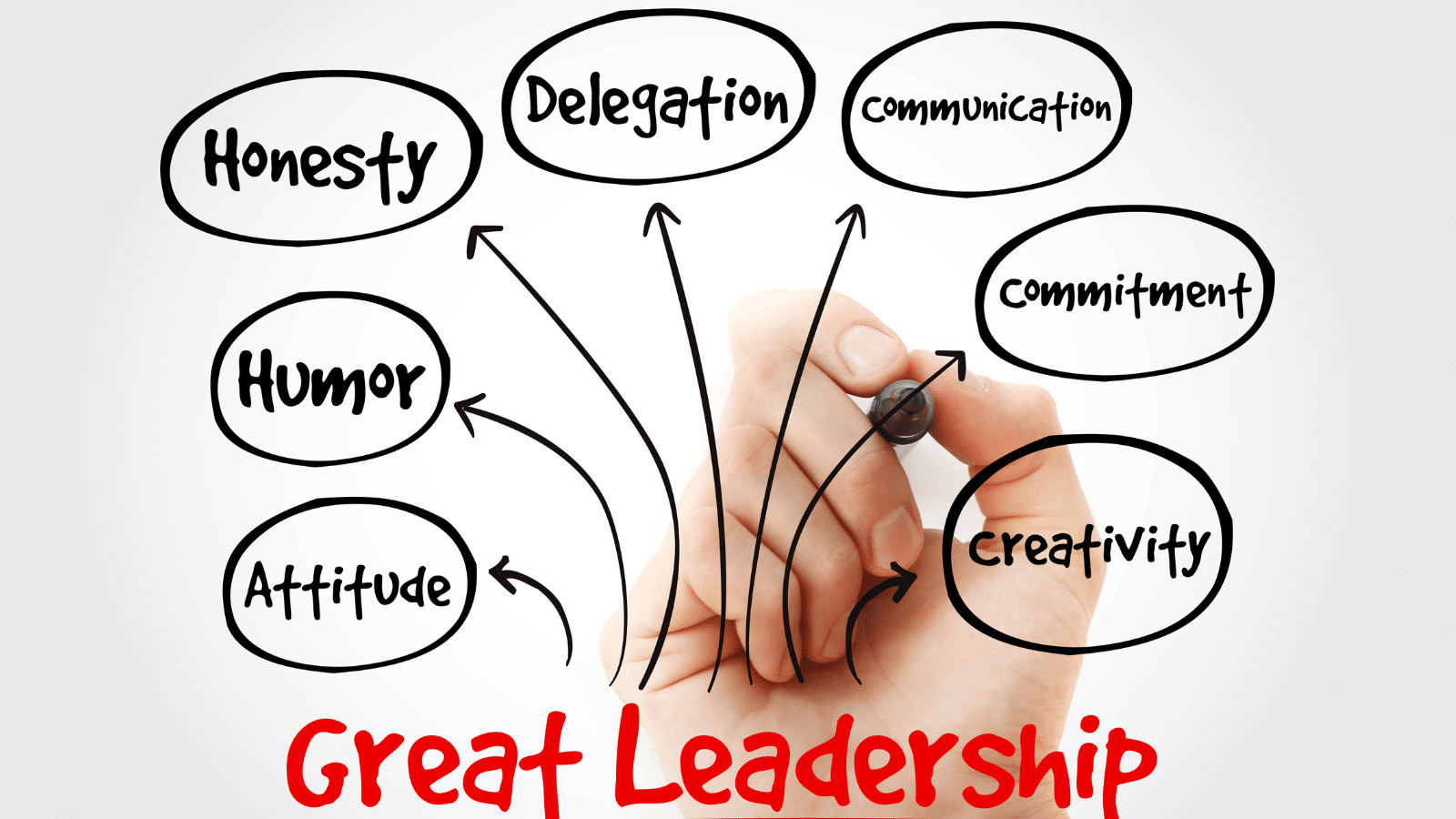In the complex web of generational dynamics, tensions often emerge as different age groups navigate the ever-evolving socio-economic landscape. One such point of contention revolves around the Baby Boomer generation, born during the post-World War II years, and the perceived influence they’ve had on various aspects of the modern world, including the job market.
This exploration delves into 18 common criticisms directed at Baby Boomers, examining how their actions, policies, and behaviors are believed to have shaped today’s socio-economic challenges. It’s important to note that these critiques are not universally applicable to all Baby Boomers, but they shed light on the intricate interplay between generations in an ever-changing world. So, join us as we navigate this intricate terrain of generational dynamics, aiming to better understand the diverse perspectives and their implications for society at large.
Delaying Retirement

Baby Boomers extending their careers beyond the traditional retirement age is seen by some as a factor in the modern job market. People blame them for this because it can limit job opportunities for younger workers who are striving to establish their careers. This trend can create a bottleneck in the job market, where younger individuals find it challenging to access more senior positions or progress in their careers.
Resistance to Change

Baby Boomers’ perceived resistance to adapting to new technologies and modern work practices is often criticized for stifling innovation in the workplace. People blame them for this because it can slow down the adoption of efficiency-boosting tools and practices, potentially affecting productivity and competitiveness in the modern world.
Occupying Leadership Roles

With Baby Boomers often occupying high-level leadership roles for extended periods, there is concern that younger professionals may face limited opportunities for career advancement. People attribute this to Baby Boomers’ reluctance to retire and hand over leadership responsibilities. This issue can stifle upward mobility and lead to frustration and disengagement among younger employees.
Pension Plans

Some criticize Baby Boomers for benefiting from more generous pension plans during their careers, which younger generations may not enjoy due to changing economic conditions. People blame them for potentially leaving younger workers with less secure retirement prospects, contributing to financial stress and uncertainty.
Resource Allocation

Allegations of Baby Boomers prioritizing government spending on programs and entitlements that favor their generation have led to criticism. People hold them accountable for influencing resource allocation in ways that may disadvantage younger generations, potentially hampering investments in education, healthcare, and social welfare.
Housing Market Impact

The accumulation of wealth and property by Baby Boomers has been linked to rising housing costs, making it difficult for younger individuals to afford homes. They are blamed for driving up housing prices and contributing to housing market challenges, such as affordability issues and limited housing options for younger generations.
Student Loan Debt

Policies and practices during Baby Boomers’ era are cited as contributing factors to the growing student loan debt crisis. People blame them for potentially neglecting to address issues related to education affordability and access, resulting in financial burdens for younger generations.
Inequality

Critics argue that Baby Boomers benefited from a strong economy during their prime working years, while younger generations contend with economic challenges and increasing income inequality. Baby Boomers are blamed for not doing enough to address these disparities, which can have long-lasting societal and economic consequences.
Environmental Concerns

Baby Boomers are often held accountable for contributing to environmental issues, such as carbon emissions and resource consumption, that younger generations must now address. This blame arises from perceived inaction and unsustainable consumption patterns, leading to environmental challenges like climate change and pollution.
Healthcare Costs

As Baby Boomers age, healthcare costs rise, and this places a significant financial burden on healthcare systems and younger generations who will ultimately fund and support these expenses. People attribute escalating healthcare costs to Baby Boomers’ healthcare needs and increased longevity, potentially impacting younger individuals’ access to affordable healthcare services.
Education Funding

Critics contend that Baby Boomers prioritized funding for their own education over supporting subsequent generations’ access to quality education. This blame is rooted in concerns that inadequate investments in education can limit opportunities and hinder economic mobility for younger individuals.
Social Safety Nets

Some argue that Baby Boomers, as beneficiaries of social safety nets, may strain these systems for future generations due to demographic shifts and an aging population. This could potentially result in reduced access to safety net programs for younger individuals facing economic challenges.
Workforce Development

Critics suggest that Baby Boomers did not sufficiently invest in workforce development and education for subsequent generations, leading to skill gaps and limited opportunities for younger workers. This blame relates to concerns about the competitiveness of the modern job market and the preparation of younger individuals for evolving industries.
Global Economic Policies

Baby Boomers played a significant role in the era of globalization, and some hold them accountable for policies that contributed to job outsourcing and economic challenges faced by younger generations. People blame them for not adequately safeguarding domestic job opportunities.
Lack of Succession Planning

Businesses led by Baby Boomers may not have implemented effective succession planning, potentially impacting job opportunities for younger workers and the continuity of organizations. This issue can hinder career progression and organizational stability for younger professionals.
Healthcare Industry

With Baby Boomers aging, there is an increased demand for healthcare jobs, potentially limiting opportunities in other sectors for younger workers. People blame Baby Boomers for this trend, which may create imbalances in the job market and affect the distribution of employment opportunities.
Government Debt

Critics argue that Baby Boomers supported policies that contributed to high government debt, which younger generations will need to address through taxes and fiscal measures. This blame relates to concerns about the economic burden placed on future generations.
Retirement Benefits

Some claim that Baby Boomers benefited from more extensive retirement benefits, while younger generations face uncertainty regarding their own retirement security. People blame Baby Boomers for potentially leaving future retirees with fewer retirement resources and a less stable financial future.
21 Things That Shout You’re “Lower Class” According To Men

Class wars creep up in all aspects of life, including dating. We take a look at the things that men believe are telltale signs that you are lower class.
21 Things That Shout You’re “Lower Class” According To Men
Boomer Zoomers vs. Millennial Meh: 10 Cars the Older Gen Loves but Millennials Just Can’t Stand

The change in the automotive industry has been incredible over the year. Baby boomers born between 1946 and 1964 can’t get enough of the cars listed below, as muscle cars emerged in the 1960s, and new technologies appeared in the 1970s and 1980s. You can imagine why boomers genuinely appreciate these vehicles.
Boomer Zoomers vs. Millennial Meh: 10 Cars the Older Gen Loves but Millennials Just Can’t Stand
Across the Pond Disdain: 18 Horrendous American Habits Foreigners Just Can’t Stomach

There is a lot to love about America, from the bright lights of New York to the incredible breakfasts, but foreigners also dislike many things. We look at everything from poor public transport to an intimidating tip culture, sharing 18 things that America could be better at.
Across the Pond Disdain: 18 Horrendous American Habits Foreigners Just Can’t Stomach
Out with the Old: 18 Gen X Fads That Millennials and Gen Z Just Can’t Vibe With

While some old habits die hard, there are some things that Gen X need to eliminate as they are no longer relevant.
Out with the Old: 18 Gen X Fads That Millennials and Gen Z Just Can’t Vibe With
18 Unpleasant States You Might Want to Skip on Your Next Trip

When thinking of America, we don’t expect there to be boring or unpleasant places to visit. We see all the different states on the TV, and they show the best parts. However, there are some states you won’t want to visit, and you should brace yourselves if you ever happen to stumble into them.
18 Unpleasant States You Might Want to Skip on Your Next Trip






